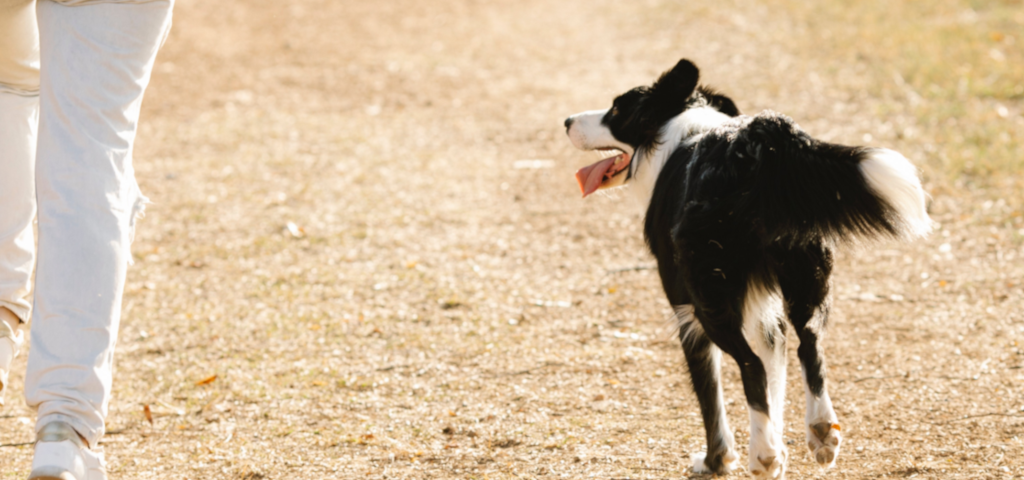Empty Monuments
September 13, 2021
Stone and Kin
November 11, 2021“Why did that lady steal her dog?”
I looked down at my 4-year-old-granddaughter and tried to figure out what she was talking about.
It was a bright, hot morning and my granddaughter wanted to go for a walk through the neighborhood. Her goal was to show me her favorite house, her treasure, and her excitement was contagious.
She skipped her way to the end of her street and quickly disappeared around the corner. I scrambled to keep up with her.
As I turned the corner I spoke briefly to the neighbor and her dog as she watered her flowers. We smiled and waved and commented on the beautiful day. Her small dog was beside her as her vigilant companion.
Once again, my granddaughter ran ahead and then came back to me. “Come on! Can’t you walk any faster?”
Just then I noticed a young woman jogger passing us. The neighbor’s dog was following her, and the runner slowed to tell the dog to go back home. Reluctantly the dog turned back and was welcomed home by its owner.
We reached the special house and after a thorough inspection we retraced our steps. After we passed the neighbor and her dog my granddaughter stopped and pulled me aside to whisper a question.
“Why did that lady steal her dog?”
What? I was confused. I asked her to repeat her question.
Earnest little eyes looked up at me. “Why did that lady steal her dog?”
It took me a minute to unravel the four-year old’s thread of thinking. In her rush to get to the special house she must not have noticed the neighbor’s dog when we first passed by. She only saw the dog as it ran joyfully behind the jogger. She didn’t notice the runner sending the dog home. She assumed they were together
I tugged out her understanding. In my granddaughter’s mind the jogger was running with her dog. When she saw it with the neighbor, she jumped to the conclusion that the neighbor ‘stole’ the runner’s dog.
We stopped and I carefully went through each step of the scenario. I explained the neighbor, the dog and the jogger. The dog belonged to the neighbor lady. The dog was running with the jogger but didn’t belong to her.
I was pleased at how logically I explained away her concerns. And instead of saying, “Oh, OK,” she once again asked, “Why did that lady steal her dog?”
She had the story set in her mind and she wasn’t going to give it up.
This isn’t just a four-year-old’s mindset. I claim guilt as well.
A while back I was at the YMCA pool. I decided I would try water jogging and I stopped by where the flotation belts sit. There was a new bench and I looked behind and around it, but I didn’t see the belts. I went and asked the lifeguard and she said, “They’re over there by the bench.” I thought, “No. I already looked there, and I didn’t see the belts.” With a little irritation I went back and looked all over the ground. I did not see the belts.
I asked the guard again.
“They must be right under my nose, but I promise you I don’t see them.”
The guard said, “Look up. They’re on the wall.”
And there they were. If I had raised my eyes to look two feet higher, I would have bumped them with my nose. That was a little embarrassing.
I envisioned them as on the floor and I was determined to find them on the floor just I expected them to be.
We see what we expect to see and so many times we hear what we expect to hear. And when it doesn’t fill our expectations there is dissonance between the two.
How many times have you heard this exchange?
Me: “Hello. How are you today?”
Karen: “Fine.”
How would you react if the conversation went this way?
Me: “Hello. How are you today?”
Karen: “Oh I’m so glad you asked! The water heater broke and flooded my basement. The door fell off the refrigerator and landed on my foot.”
The second conversation isn’t what we expect to hear because it isn’t following the standard script. Actually, it may be a little unsettling because we don’t know what to expect next or how to respond.
Our minds have a filter through which we experience life. Those filters are created by our knowledge, experience, and culture. When we challenge our standard expectations, the brain struggles to reclaim its familiar footing.
Questioning our expectations can be a real challenge. First, they are part of who we are and they determine our field of vision. We could call them “our truth” because expectation shapes our frame of reference. They don’t come into question because they are an inherent part of who we are.
Secondly, once acknowledged, thinking in a different way is work. It’s much easier to not apply patience and commitment and just do things as we always have. Like putting on a new pair of shoes, it takes effort because we’re battling our own habits.
However, if we can push ourselves a bit and replace assumptions and expectations with a new perspective, our field of vision expands. If we can lift our eyes, even a degree or two a whole new world can emerge right before our eyes.
I would like to say that my careful, logical explanation of what occurred with the dog brought clear understanding. Instead, I received a very skeptical 4-year-old look.
And what happened next? When we got home she ran into the house and said, “Mom, we just saw somebody steal a dog!!”




